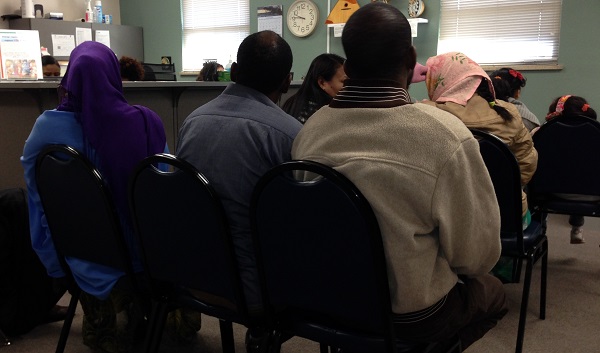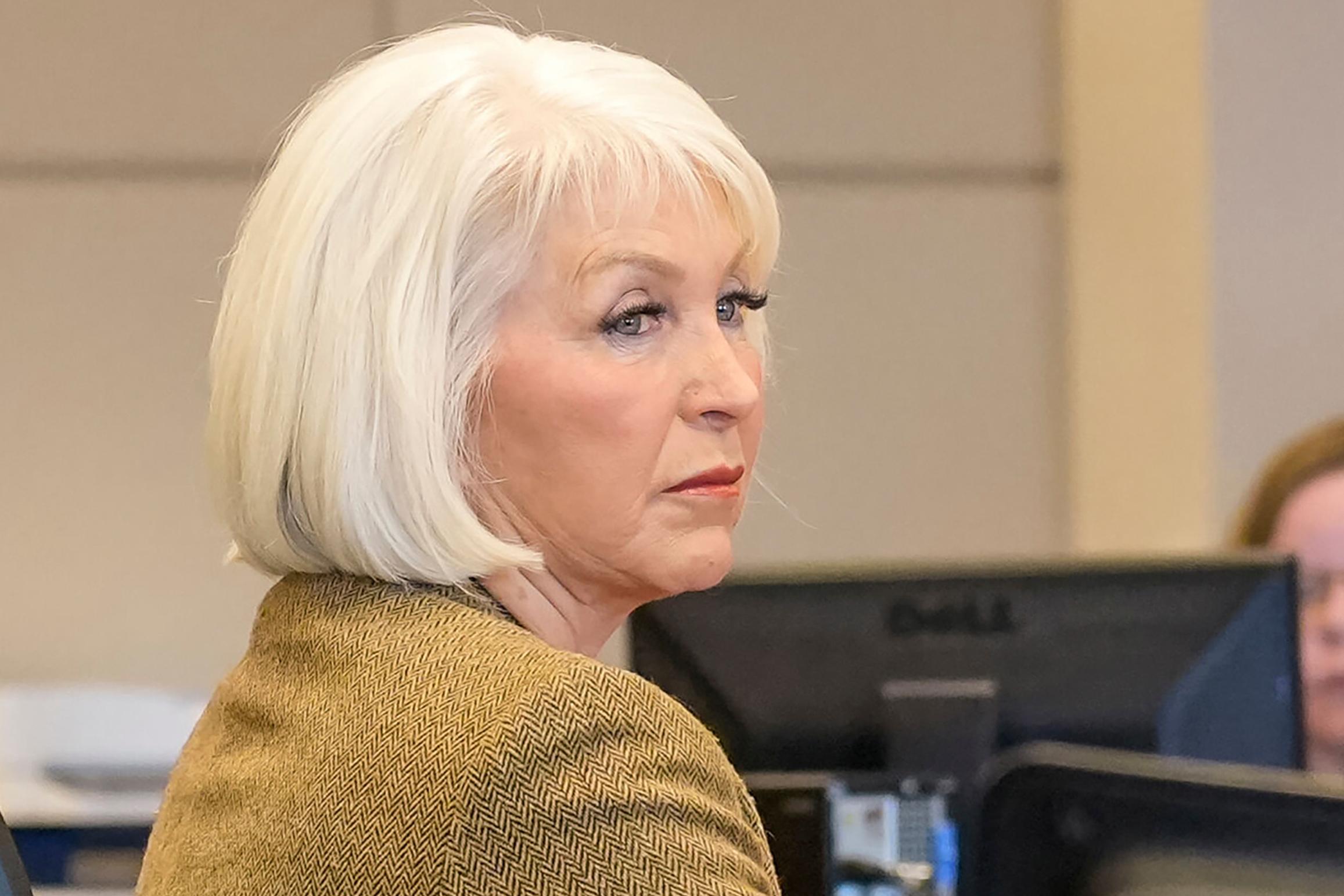
This school year, the University of Colorado School of Medicine added a clinical rotation specifically to treat refugees, helping students better prepare to meet their unique needs.
Newly arrived refugees have a long list of needs, including shelter, food, jobs and school. But medical care can be among the most important, since many refugees have never seen a doctor before they arrive in the U.S.
Resident Robin Chand finished up the rotation earlier in the school year. Chand saw patients at the Colorado Refugee Wellness Center in Aurora, but he and others also visited patients’ homes. Chand says the home visits offered clues about patients’ health that he wouldn’t have picked up the clinic. One example is how some of his patients use the oven.
"They use the oven as a place to store cooked food and they’ve cooked the food maybe two or three days beforehand,” Chand says. “So if they come to the clinic complaining of abdominal pain, it might be because of food poisoning and now I have a sense of possibly why because I went on this home visit.”
Dr. Jamal Moloo, who’s on the faculty at CU’s school of medicine and directs the Refugee Wellness Center in Aurora, started the program this school year. Moloo says it’s important for doctors and medical students to be sensitive to the unique challenges refugees face. Many come from war-torn countries and doctors need to decide whether or not it helps to dredge up the past.
“I’ve seen plenty of refugees with missing digits. I know exactly what happened to those digits,” Moloo says. “For some of the patients, I note it, but I do not ask them about what actually happened. In other cases, you get a sense that that trauma is affecting their daily life [and] this is the most important part of our interaction.”
Dr. Robin Chand says choosing the medical rotation changed him.
“I can honestly say I was a complete idiot before--very ignorant--and I still am, Chand says. “But I think my month here I caught a glimpse as to how hard and humbling it is for a lot of these folks when they come to the country to plug in the system."
Chand says he now hopes to devote his career to working with refugees and perhaps starting his own clinic in another city with a large refugee population.
Last year, about 2,000 refugees resettled in Colorado, mostly from Asia, Africa and the Middle East. Until CU implemented this new rotation, most medical students had only learned about the challenges facing refugees in a classroom setting.









